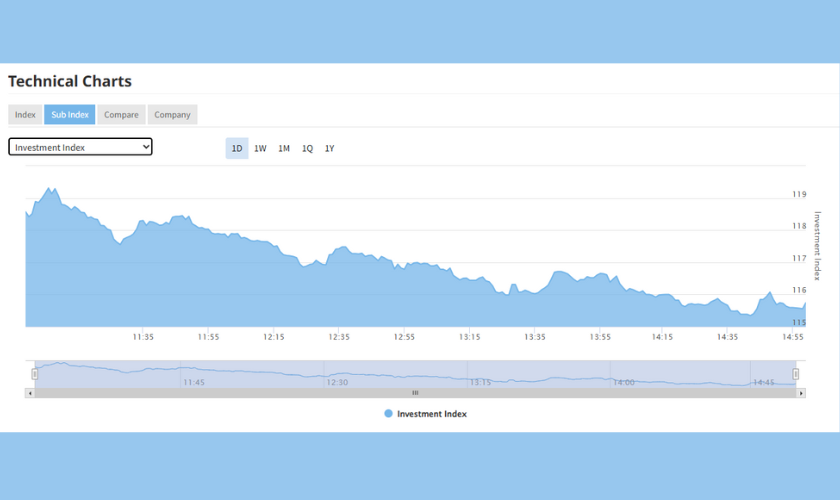The House of Representatives (HoR) on Tuesday, April 29, passed the “ Customs Bill, 2080 ”, which seeks to amend and integrate existing customs-related laws in line with international standards.
The motion tabled by Deputy Prime Minister and Finance Minister Bishnu Paudel to pass the bill was endorsed by the majority of the Lower House, reported the state-owned news agency RSS.
Several lawmakers expressed mixed reactions during deliberations.
Lawmaker Prabhu Sah criticized certain provisions in the bill, warning that they could cause undue hardship to residents in border areas. He particularly objected to clauses that, under the guise of controlling smuggling, could permit the confiscation of private property.
Read: Stakeholders Discuss Customs Bill
Similarly, MP Hemraj Rai argued that the open border with India has weakened the effectiveness of Nepal’s customs administration. He called for enhanced inspection tools and increased security patrols along border areas.
Other lawmakers viewed the bill more favorably. They said it could ease challenges faced by traders, simplify import-export procedures, and promote the adoption of modern technology in customs operations.
Lawmaker Ganesh Parajuli stressed the need for updated legislation to address persistent problems in the customs sector. He added that the bill would help Nepal prepare for anticipated tax and non-tax barriers as it is set to graduate from Least Developed Country (LDC) status in November 2026.
Lawmakers Prem Suwal, Madhav Sapkota, Ranendra Baraili, and Kiran Kumar Sah also contributed their perspectives during the discussion.
Responding to concerns, Finance Minister Paudel claimed the bill had undergone detailed review and refinement within the Finance Committee.
“This legislation incorporates constructive feedback aimed at curbing malpractice at customs points and protecting businesses from unnecessary harassment. Its implementation will bring qualitative improvements in customs management, as well as strengthen governance and transparency,” he said.
The government has called the bill a part of its broader initiative to modernize customs procedures, enhance technological integration, and ensure compliance with the Kyoto Convention, to which Nepal is a signatory.
(With inputs from RSS)












